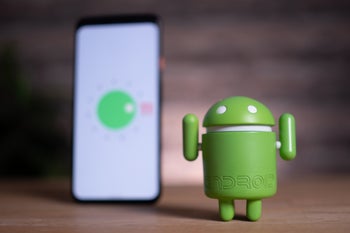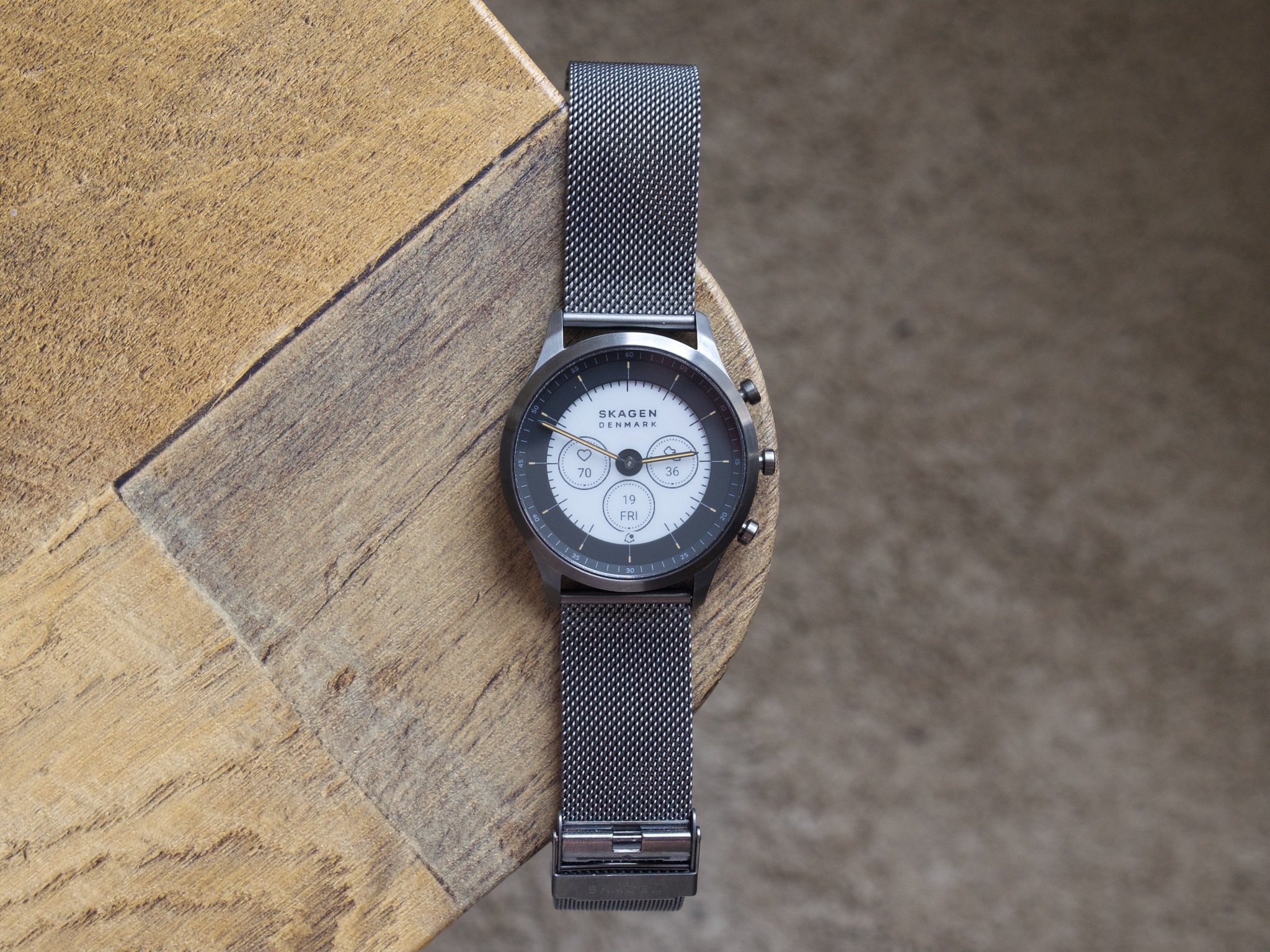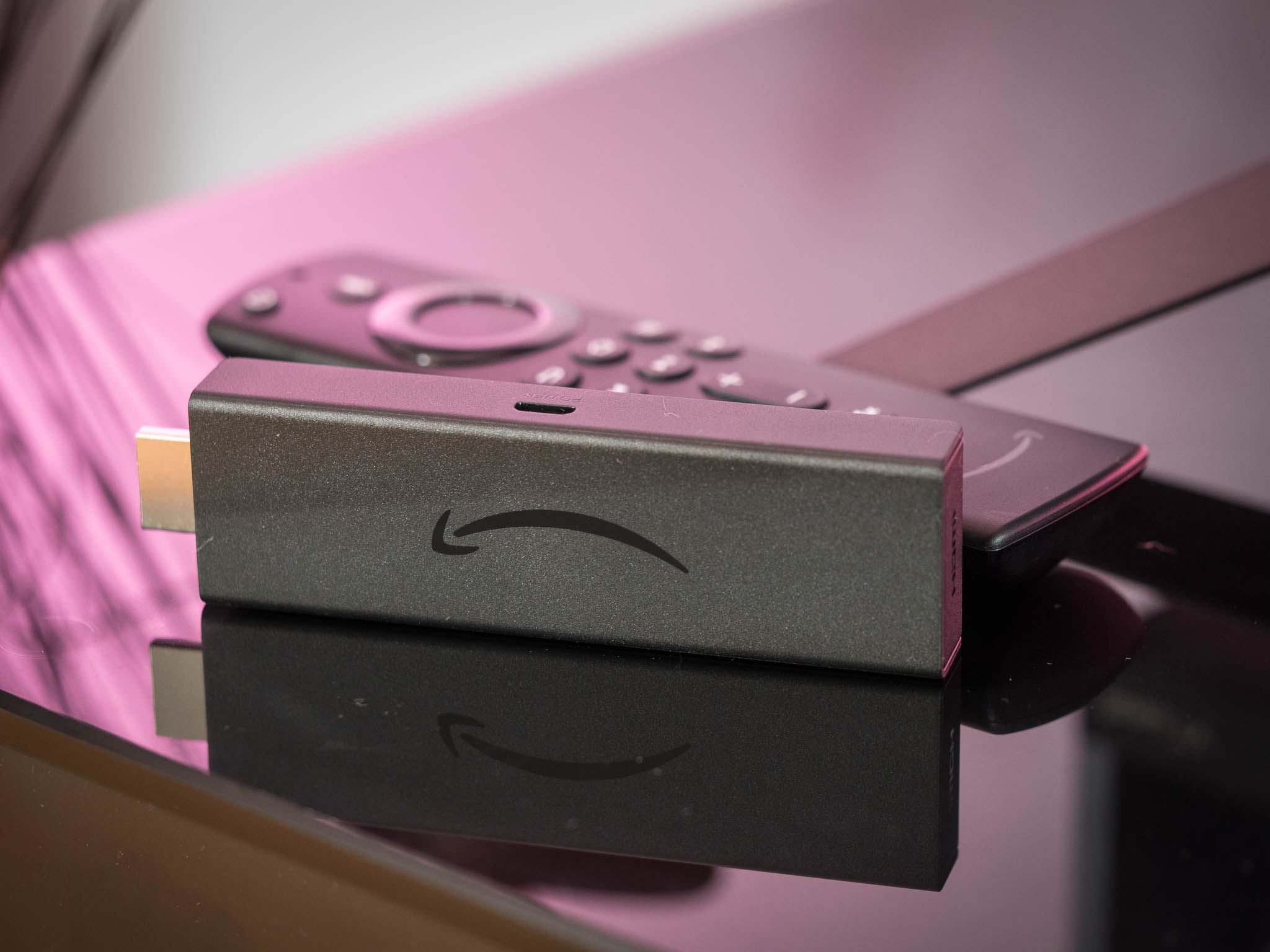Check Out Android 12’s Audio-Coupled Haptic Effect In Action - Android
Google released the first Android 12 Developer Preview last week. As part of the release, the company officially announced a handful of features that would be coming to compatible Android devices with the new OS. Among them is the audio-coupled haptic effect. This feature would vibrate your phone in accordance with the audio that's playing [...]
Read More...
The post Check Out Android 12’s Audio-Coupled Haptic Effect In Action appeared first on Android Headlines.

Google released the first Android 12 Developer Preview last week. As part of the release, the company officially announced a handful of features that would be coming to compatible Android devices with the new OS. Among them is the audio-coupled haptic effect. This feature would vibrate your phone in accordance with the audio that's playing on the phone.
According to Google, this would allow developers to create a more immersive game and audio experience. For instance, games could simulate rough terrain in a racing game with vibrations. Now a developer has been able to get this feature running on a Pixel 4 and the results are impressive.
As reported by XDA Developers, apps that use the HapticGenerator API generate "vibrations based on whatever music is playing on the device". The vibrations add a cool effect to the audio playback. You can see the audio-coupled haptic effect in action in the videos below:
Here's one more:
Granted, not many people would be using this feature for music playback. However, the audio-coupled haptic effect can surely elevate the gaming experience and make mobile gaming much more immersive. This undoubtedly has to be one of the best features of Android 12.
Not all current phones may support the audio-coupled haptic effect
As much as this feature sounds cool, it appears not all current generations of smartphones would support it. According to the official documentation for the HapticGenerator API, Haptic Generator is an "audio post-processor which generates haptic data based on the audio channels. The generated haptic data is sent along with audio data down to the audio HAL, which will require the device to support audio-coupled-haptic playback."
However, XDA reports that neither of the latest Pixels — the Pixel 4a 5G or Pixel 5 — support Haptic Generator. The Pixel 3 XL doesn't support it either. The Pixel 4, meanwhile, does. This is really unfortunate. Hopefully, the list of unsupported devices isn't too long.
This isn't the first time Google is offering something of this kind. With the Pixel 3 series in 2018, the company introduced custom vibration patterns for each stock ringtone. However, since it isn't possible for the company itself to create custom vibrations for each and every audio output from a device, the efforts slowly went out of favor.
Now with Android 12, Google is offering an API so developers could create their own vibration effects for their apps. With the right implementations, the audio-coupled haptic effect should greatly enhance the smartphone experience.
The post Check Out Android 12’s Audio-Coupled Haptic Effect In Action appeared first on Android Headlines.
23/02/2021 01:39 PM
Google unveils a fresh batch of important Android enhancements and features
23/02/2021 02:11 PM
Review - The Skagen Jorn Hybrid HR is a solid smartwatch alternative
23/02/2021 12:30 PM
Save 25 percent on EufyCam 2C Pro smart home security cameras today only
23/02/2021 11:32 AM
Most Secure Mobile Payment Methods in 2021
23/02/2021 01:58 PM
Today is the last day to recover your Google Play Music library
23/02/2021 09:18 PM
Google announces a bunch of new features coming to Android before version 12
23/02/2021 09:54 PM
Finding the best TV for your Amazon Fire TV streaming device is easy
23/02/2021 05:30 PM
Here’s what Android 12's conversation widgets will look like
23/02/2021 11:25 AM
- Comics
- HEALTH
- Libraries & Demo
- Sports Games
- Racing
- Cards & Casino
- Media & Video
- Photography
- Transportation
- Arcade & Action
- Brain & Puzzle
- Social
- Communication
- Casual
- Personalization
- Tools
- Medical
- Weather
- Shopping
- Health & Fitness
- Productivity
- Books & Reference
- Finance
- Entertainment
- Business
- Sports
- Music & Audio
- News & Magazines
- Education
- Lifestyle
- Travel & Local







